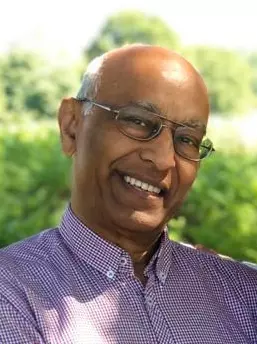India’s northeastern state of Assam drew the attention of international media in August 2019, when a citizens’ register excluded nearly two million residents, effectively rendering them stateless.
The National Register of Citizens (NRC), a labyrinthine bureaucratic exercise carried out under the supervision of India’s Supreme Court, was aimed at identifying undocumented immigrants in the state bordering Bangladesh.
In 2014, India’s top court ordered the update of the 1951 NRC – a longstanding demand of Assamese political parties, who have called for the expulsion of immigrants.
More than two years later, the status of the 1.9 million excluded people is in limbo as the legitimacy of the NRC list has been questioned by the Assamese parties, including the ruling Hindu nationalist Bharatiya Janata Party (BJP).
A new book, No Land’s People, published earlier this year by HarperCollins, tells the stories of people of Bengali descent, both Hindus and Muslims, who have been seen as outsiders. Their citizenship has been under question for decades.
Written by Abhishek Saha, an Indian journalist, the book delves into how a bureaucratic exercise was billed as a solution to a sociopolitical problem that dates back to British colonial rule more than a century ago.
For Saha, himself a Bengali-origin Hindu, it is a deeply personal story of how his father was bullied and humiliated by Assam nationalists during the violent anti-immigrant movement of the 1980s.
And how his octogenarian Thakuma’s (grandma) exclusion from the 2019 NRC caused him “sleepless nights”. His grandmother, Alata Rani Saha, who came to India in 1949 as a refugee from what was East Pakistan, registered in the 1965 voter list as well as the 1951 NRC.


